AARP Hearing Center

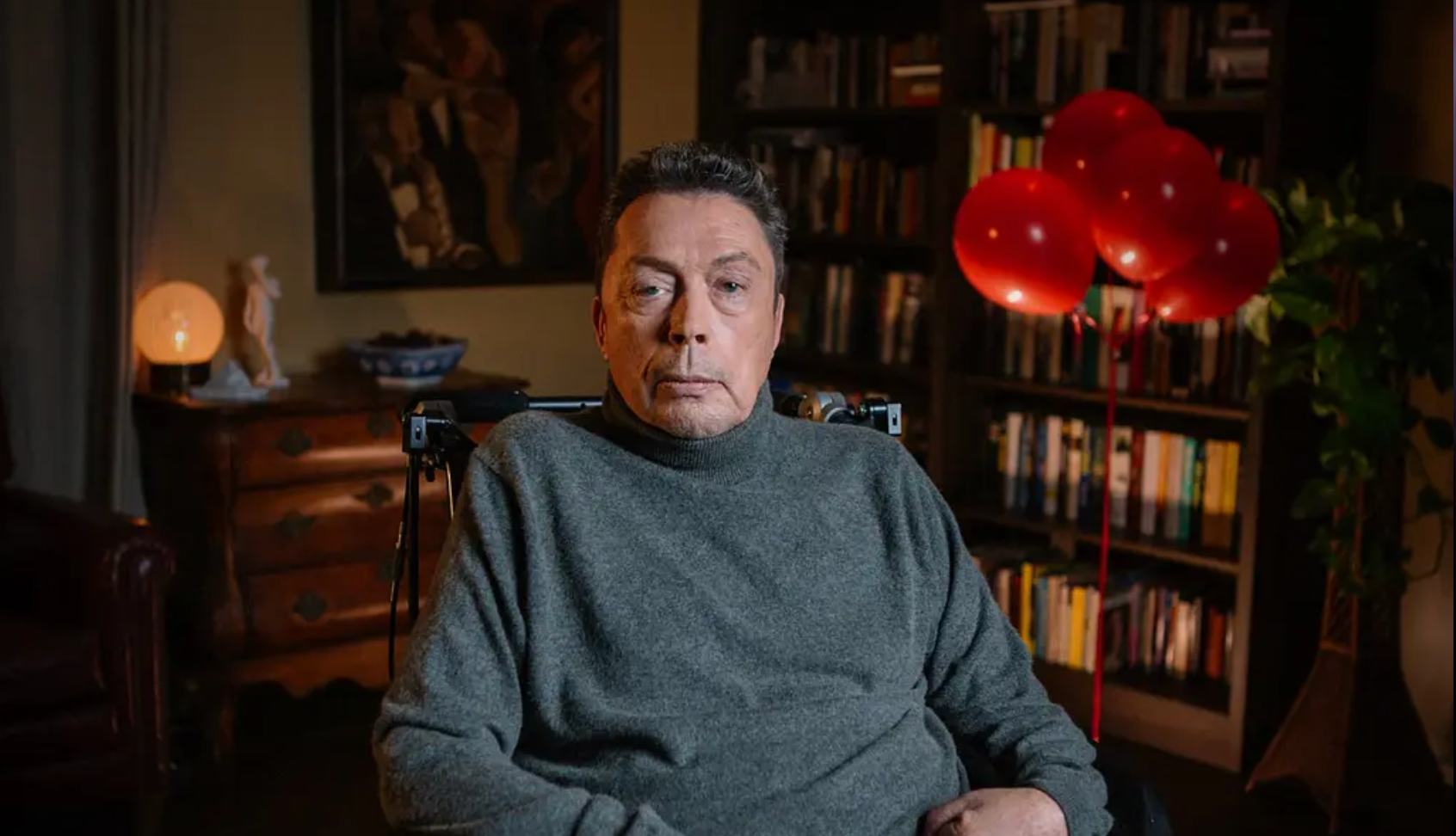
Actor Tim Curry, 79, describes in his memoir, Vagabond, out Oct. 14, how he sees himself: “Vagabonds rove. We travel about and pick up work wherever we go. We wander, drift, stagger, wink. Reluctant to be pinned down, we’re enticed by risk, restless if we linger, fueled by curiosity and a sense of wonder.”

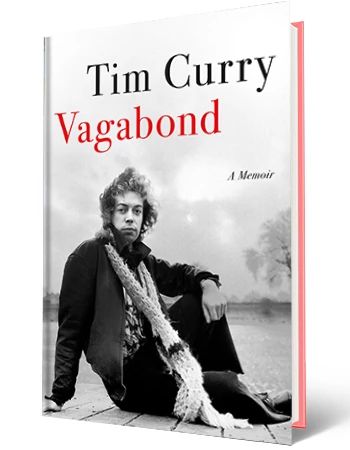
Elsewhere in the memoir, the Tony-nominated Curry shares how his “vagabond blues, hopes, and highs” have followed him through various stages of life: on stage, on screen, in his home and gardens, and in his personae and voices. Not to mention his memorable roles: his film debut as the eccentric scientist Dr. Frank-N-Furter in the 1975 cult classic The Rocky Horror Picture Show, the original King Arthur in both the Broadway and West End versions of Spamalot, Wadsworth the butler in Clue, and Pennywise the murderous clown in the 1990 TV miniseries adaptation of Stephen King’s It. Curry also shares intimate thoughts on the most difficult parts of his life, including the catastrophic, near-fatal stroke he suffered in 2012. “I do recall having the thought that, at sixty-seven, I was too young to be facing mortality,” he writes in Vagabond. “Mortality is astonishing. We’re here today and gone tomorrow.”
Curry, who continues to work in the voice acting world and had his first post-stroke on-screen role in last year’s horror film Stream, talked to AARP from his home in Los Angeles about what fans always want to know when they meet him (he’ll join some of his castmates for a meet and greet at a 50th anniversary Rocky Horror screening on Nov. 2 in Anaheim, California); his hopes for his 80th birthday next year; and how he’s adapted — or not — to his life post-stroke.
This interview has been edited for length and clarity.
Love the book. I learned a lot about you. What a life.
Really? I’m glad. I’ve been very lucky.
What inspired you to write the memoir?
If I’m honest, I didn’t have any work coming. So I thought now was the time to write it, because I’d thought about it for a while.
This is a really big year: 50 years from Rocky Horror Picture Show; 40 years from Clue. Can you believe it?
Well, it is extraordinary. I have to believe it, because the evidence of it is in my face a lot. It is an extraordinary result.
Did you have any idea when you were making Rocky Horror that it would become all that?
None at all. It was my first film. So I was preoccupied with trying to learn how to do it. It’s wonderful to have a whole body of people who appreciate the movie and sometimes me. You know, Katharine Hepburn wrote a memoir and called it Me. I saw an interview with her once where she said, “What else would you call it but Me-eeeeeee?” That was smart.

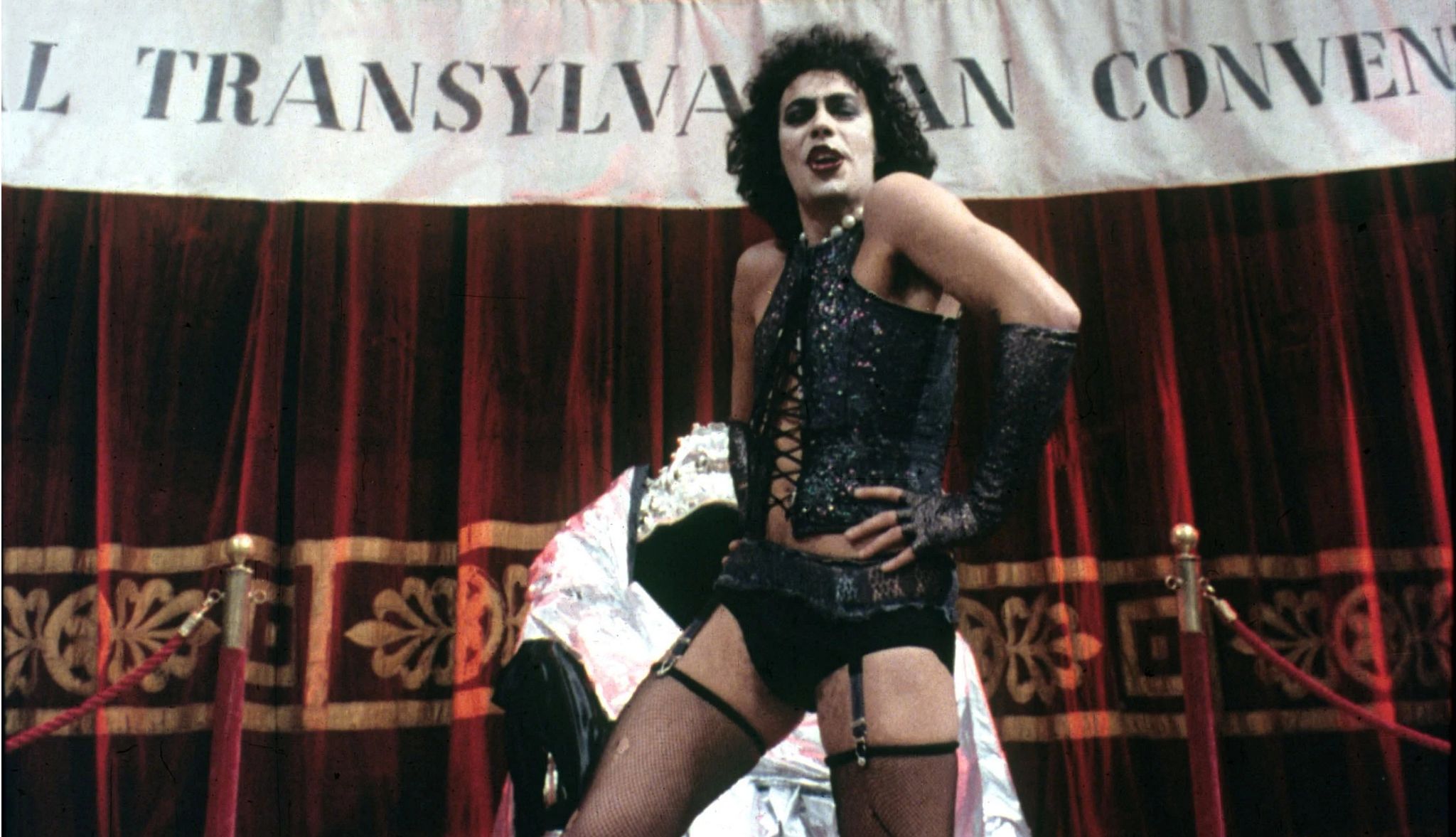
When you meet Rocky Horror fans, what do they want to know?
I’ve done some Comic-Cons and conventions, and I also do meet and greets. They always want a sequel. And they want to know what it was like to do it, to make the film. I think they want to reassure themselves that I’m proud of it.

































































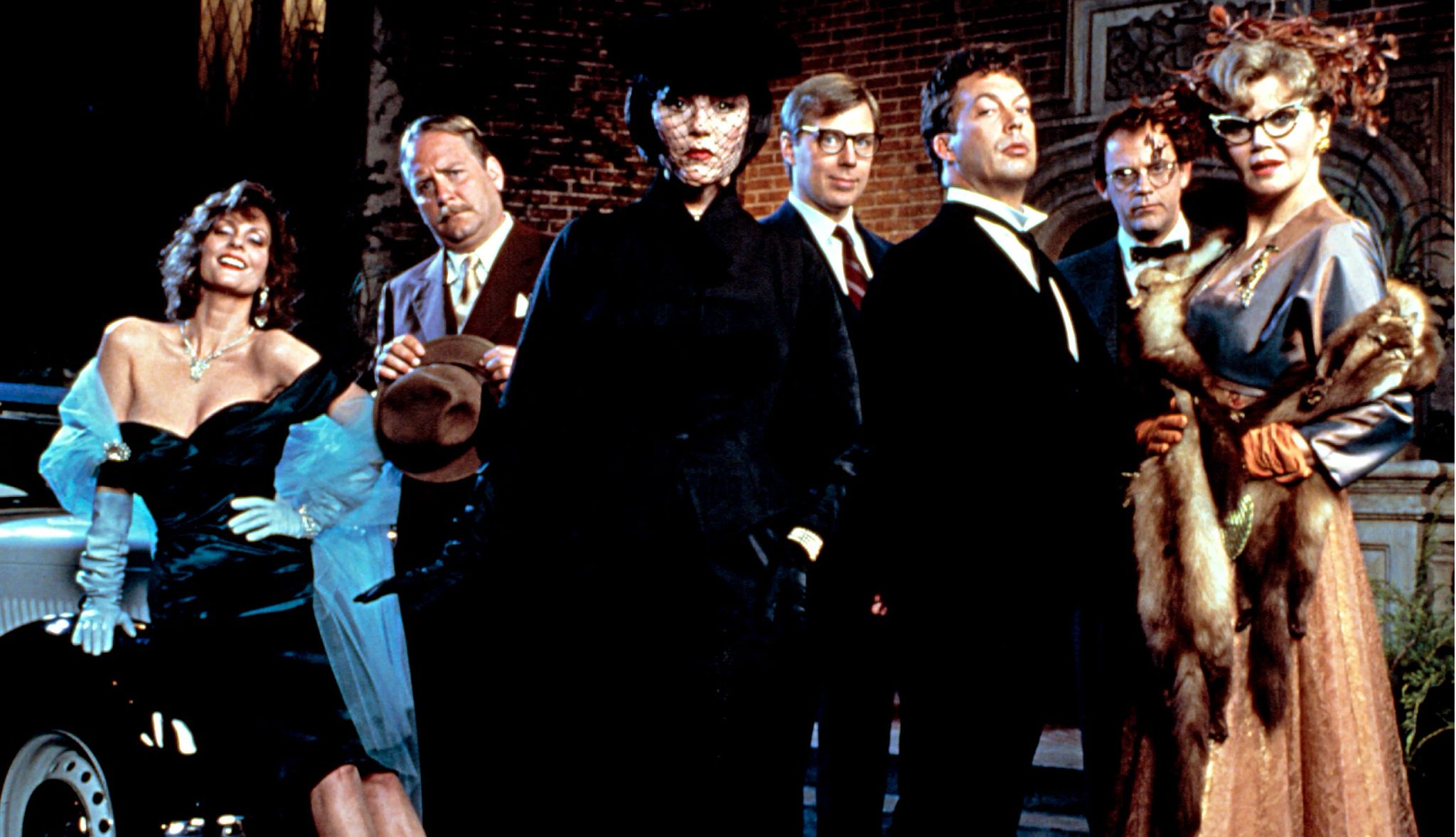


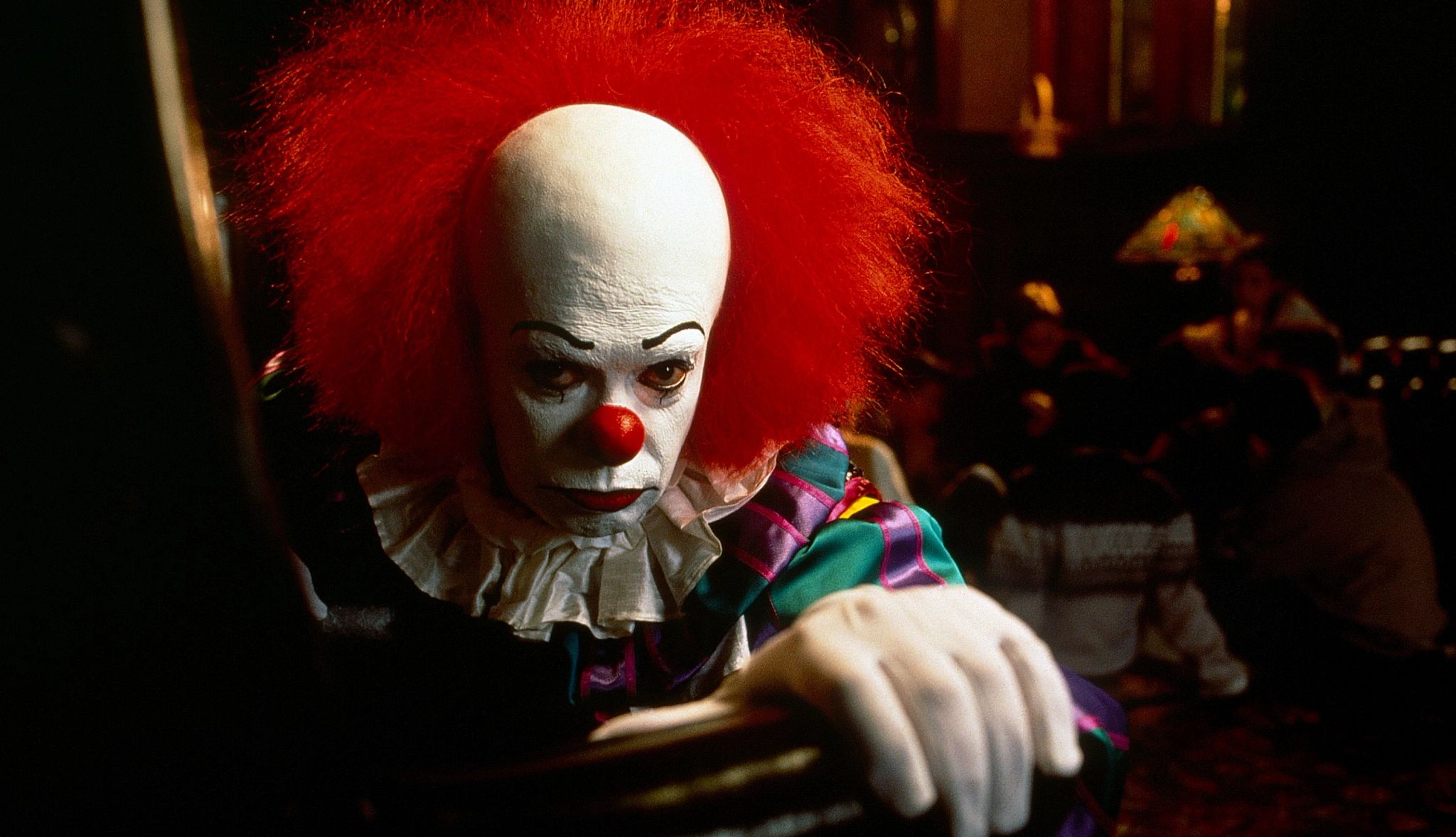



You Might Also Like
When Not Working, Vanna White Plays Word Games
The ‘Wheel of Fortune’ cohost is a fan of crosswords, Words with Friends and Wordle
Steve Martin’s Wild and Crazy Life Lessons
Want to grow old with grace and humor? The comedian and actor has provided the blueprint
Exploring Iconic Trends and Events of 1975
Reflections on the events of the tumultuous year